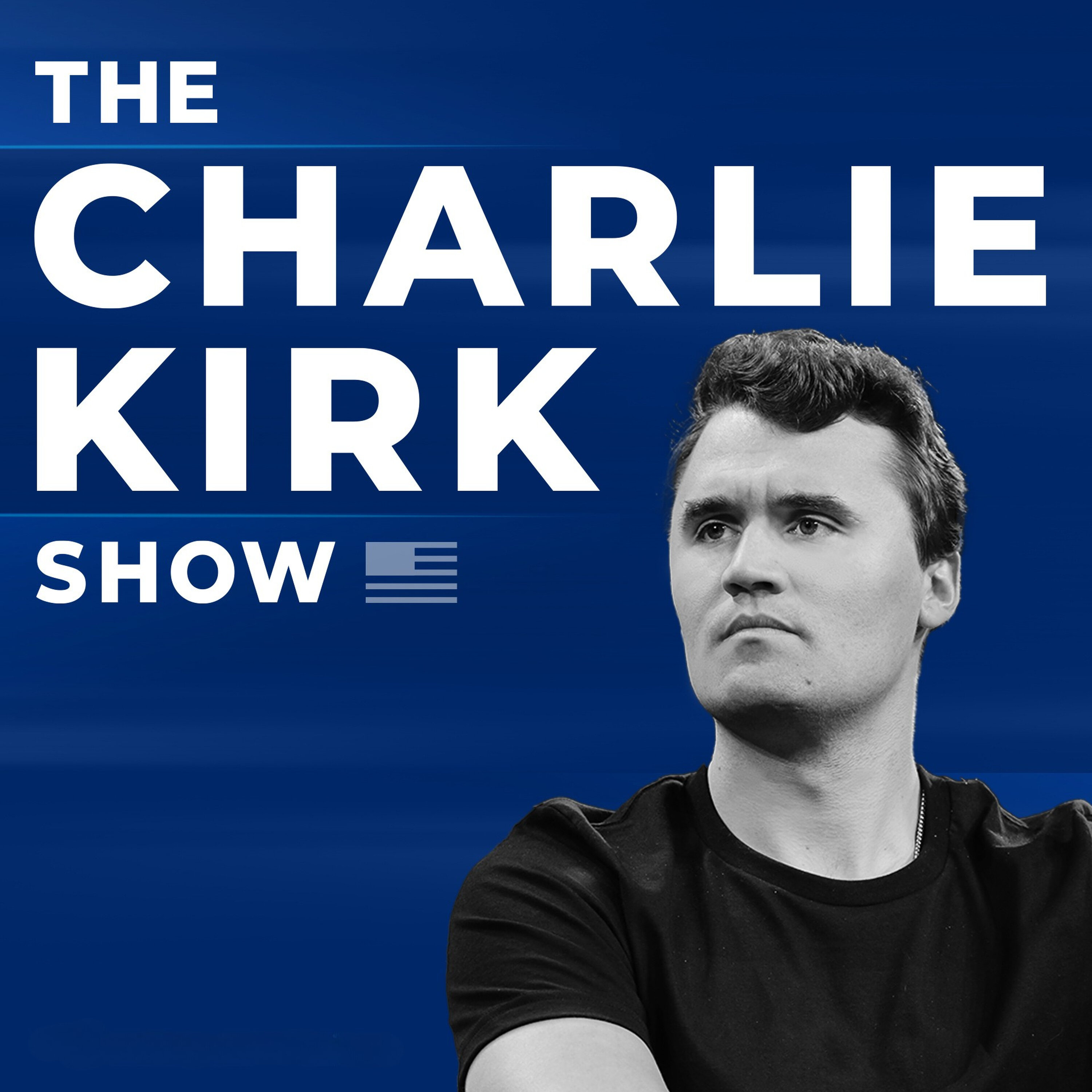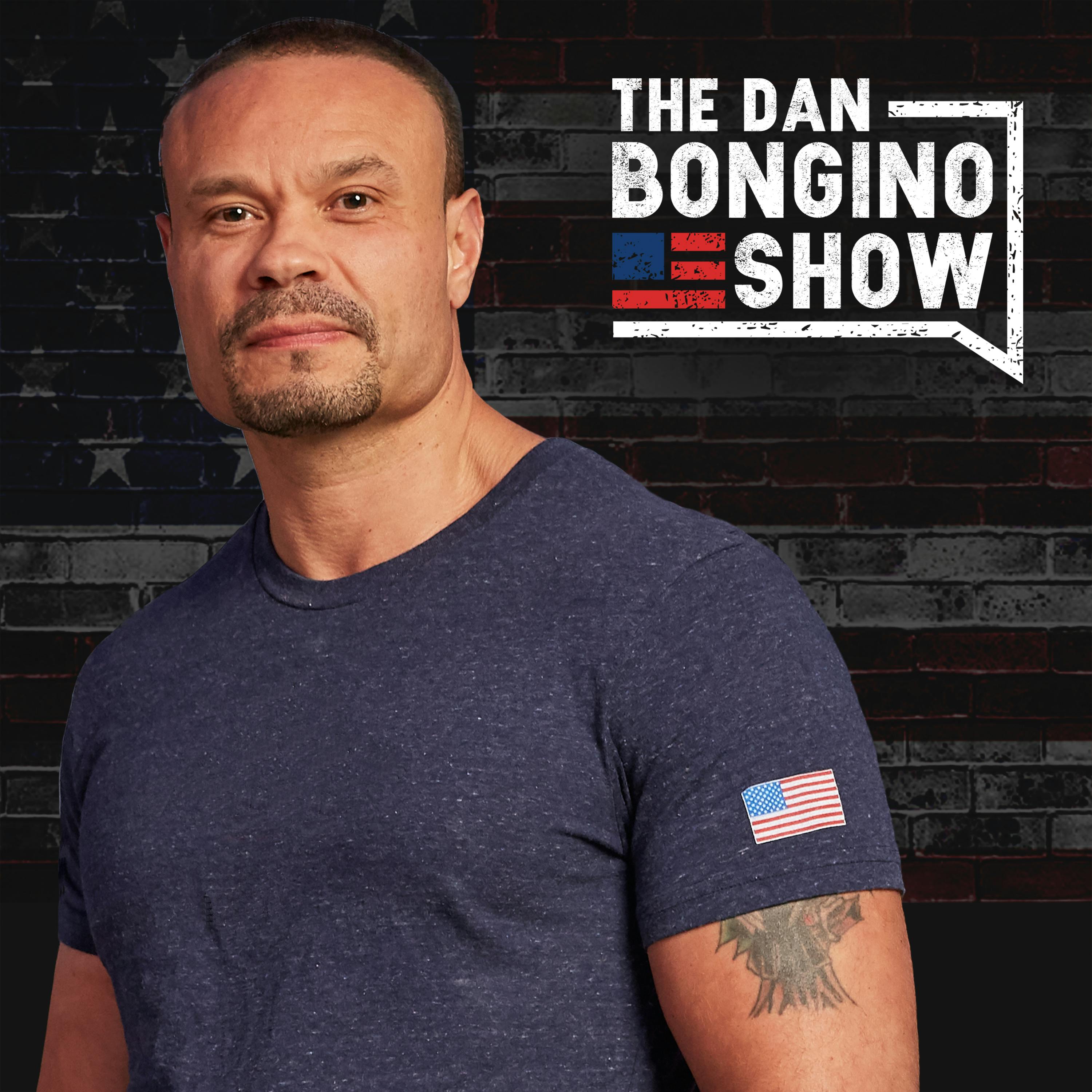
Live to Shoot - Defending our 2nd Amendment Rights
Live to Shoot - Defending our 2nd Amendment Rights
Happy Memorial Day
In this episode we discuss the history of Memorial Day and the Tomb of the Unknow Soldier.
Follow this link and get $25 in ammo.
Fountain Podcast App
Follow me on Fountain
Follow twitter @JeffDowdle
Follow me on Truth Social - @JeffDowdle
Convention of States Project
Presearch search engine sign up.
Brave Browser
Find our Representative
email me at jeff@livetoshoot.com
Follow me on Gettr
Follow me on Telegram
subscribe to my newsletter
Welcome to the Live To Shoot podcast. My name is Jeff Dowell, and I've been a licensed firearm dealer for the last 17 years. This podcast talk about all things related to Second Amendment, as well as anything else going on in the world. Or anything in my personal life, a sports story, or anything else that I might find interesting. So welcome, welcome, welcome. It is Memorial Day weekend, and I hope y'all are enjoying it. I hope y'all are taking a moment to reflect and remember those that, that did die and what this We can do it's all about I think we have too many of our holidays they get caught up in the commercialization of Aspect of things or just the idea that we're gonna have a Monday off or what have you but Memorial Day to me Is one of the most significant holidays and as our kids were younger I'd we I tried really to reflect on on them what the The holiday was valid. We went to a lot of ceremonies. We went to the national cemeteries and such and did, the best to convey to them how important remembering those that have fallen to give us the ultimate freedom of this country and to, to live like, like we, like we live today. But Memorial Day is not unique to the United States. It's celebrated other places and but Memorial Day for us it came about, following the civil war and, the civil war, it has had the largest number of casualties of any war in the United States and estimates are that almost half of those soldiers were unknown. And as part of a a movement, many Southern women started, putting flowers on graves on, on Confederate soldiers. And, but there were many places that They claim they had the original Memorial Day Columbus, Georgia, Savannah, Georgia, Gettysburg Bowlesburg, Waterloo, New York and Charleston where I just went last Thanksgiving, they'd uncovered a grave of 257 Union soldiers, and on May 1960, or 1865, sorry some slaves, former slaves organized a parade 2, 800 children prayed, read Bible verses, and, and reburied the soldiers with honor as an act of gratefulness for their, their ultimate sacrifice, which gave them freedom. In 1868 General John Logan commander of the Civil War Veterans Organization The Grand Army of the Republic called for a decoration day to be observed annually on May 30th, and this is really kind of where what's deemed to be the the first official, Memorial Day. James Garfield, in 1881, gave an executive order that gave May 30th off to all all government workers so they could decorate graves of those who died in the Civil War. Then in 1921, President Harding had the remains of an unknown soldier from World War II buried in the tomb of the unknown soldier on Memorial Day. And we'll come back to the tomb here in a minute. But, when you look at these numbers of people Americans that have died through various wars and you look, the Revolutionary War, 25, 000. War of 1812, 20, 000. Pretty unknown war, right? Mexican American War, 13, 000. Civil War, though, 625, 000 Americans. Everyone that died, obviously, in that war were Americans, and it was pretty unknown. It was brother against brother, Spanish American 2400 World War One, 116, 000, World War Two, 405, 000, Korea, 36, Vietnam, 58, 000. I'm sorry, Korean War, I abbreviate 36, 000 Vietnam War, 58, 000, Persian Gulf. There's 258 that was, kind of the shock and awe Operation Enduring Freedom 2, 356, Iraq, Operation Iraqi Freedom 4, 489. And I, I just, as we talk about these forever wars that we keep getting ourselves into. Operation Enduring Freedom in Afghanistan, this is listed as from 2001 to 2014. And we took a two year break and now we have Operation Iraqi Freedom 2003 to 2012. And then, there's been other wars, and fighting terrorism security border Ukraine to name a few. So it is unfortunate that, we have lost so many lives. Then in 1958 president Eisenhower on Memorial Day. He placed the remains of the unknowns from World War II and Korea into the Tomb of the Unknown Soldier and then in 1968 it was officially decided that Memorial Day would be moved to the last Monday in May, which is where we are today. Now I mentioned the tomb of the Unknown Soldier. And if you have not been to Arlington Cemetery in DC and watched the changing of the Guard you, if you are there, that you must see that that is an am amazing site to see. And it, it, it's quite moving. Arlington Cemetery in itself is, is a quite, quite a moving place to be. But during, civil War, as I mentioned earlier, almost half the people were unknown. And they of times were, were buried just along the roadside of where the battle happened. they had the battle and they'd just bury them. And nobody knew who they were. They didn't have, we didn't have dog tags. We didn't have anything like that. people had scattered. They'd come from all over the country. There was really no organization about how any of this was happening. And But so but this did really start bringing upon the the, our national cemetery system to where we could actually start giving these people a more honorable burial and that our first national cemeteries came about in 1862 and at Arlington, there are about 2, 100 Union and Confederate soldiers buried beneath the tomb of the, of the unknown soldier. And there's also other Civil War unknown burials throughout the, the cemetery. Then, as we progressed along the during World War I the soldiers started getting dog tags. somewhat with their names on them. So it became a little less of an issue in terms of, of, of the unknowns per se, got a little bit better identification, but up until then, the policy had always been for repatriation of, of any soldiers killed abroad, meaning if you're an American soldier and you're killed in England, your remains would get shipped back to to the United States. After World War I, France and Great Britain had so many, there were so many casualties and they had so many unknown they actually barred the repatriation of their soldiers back to the, to the, to the, to the countries so to ease the grief on those people that their loved ones weren't being brought back for proper burial. They created each France and Britain each created their own unknown soldier tombs on Armistice Day in November 11th, 1920. So they, they were the first to come up create the the tombs for the unknown soldiers. It's time Americans policy was you could choose the families could choose whether or not they their loved ones stayed where they were killed or where having those bodies brought back to the state. But then it was in November 20, 1920, or I'm sorry, in December 1920, when New York Congressman and World War I veteran Hamilton Fish Jr. proposed that legislation to provide for the internment of one unknown American soldier at a special tomb to be built in Arlington National Cemetery said the purpose of the legislation was to bring home the body of an unknown American assault warrior who. And himself represented no section, no, no section, creed, or race in the, in the late war. And who typifies more over the soul of America and the supreme sacrifice of her, her rogue dead. So in October 21, they selected four bodies. And then that was chosen by just an unknown soldier sergeant who Out of those four, picked the body that would be put in the tomb of the unknown soldier. And on November 11th, 1921, the soldier was placed in the tomb and President Warren Harding officiated at that ceremony and placed the Medal of Honor on the casket. Then in World War II, Following World War II there are many Americans that were supporting the idea of creating an unknown, putting an unknown in the tomb for World War II, but then Korea got in the way. So that whole process was delayed and on it wasn't until 1958 when they decided to exhume 13 bodies representing soldiers from the European and North American conflict for war two and then for the Pacific. And they chose one unknown from both of those areas of conflict to be buried in the tomb. And then also at that same time, they chose a soldier representing the Korean conflict and both unknown. All those unknowns arrived on May 28, 1958, and they laid in state. And then on Memorial day 1958, they were transported to our national, our national cemetery and, and put in the tomb of the unknown. The Vietnam war unknown. He was placed in there in, in 1984. But because of DNA technology and, and such because of d DNA technology and stuff, he, he would lay at rest at the for about 14 years. And then finally they were able to successfully identify that the soldier was a Lieutenant, Lieutenant Michael Joseph Blasey. And, he was shot down as a pilot and so his remains were removed. And so now the remains in the crypt for the Vietnam unknown is currently empty. But to to, Like I said, to go to that tomb, to see it, to watch the, the, the guards that, that guard that tomb and their dedication and the changing of the guard is an amazing thing. And I just encourage you to do it. I encourage you to go to YouTube and just watch videos about the changing of the guard or some of the conditions that they exist in. They are out there 24 seven, and it's pretty much. I don't know if there's even been an instance when the tomb was left unguarded because of weather. These soldiers have, put their life on the line through some severe weather to guard them, and it's considered a very high honor to be selected to guard this tomb. But that's just a little bit about what Memorial Day is about and what has transpired. And I just encourage you to just take time to remember those that have fallen for us and given that sacrifice so that we can have this freedom. And there are so many people in this country that hate this country, but they also need to know that those people So that they could hate our country. Happy Memorial Day. Enjoy the time with your family. But again, take some time to remember those who have given the ultimate sacrifice. I appreciate you listening. like I always say, send me a text from the link in the notes. Follow me. Do whatever you want. Share this. Get the word out. I appreciate it. And thanks. Have a happy Memorial Day.



